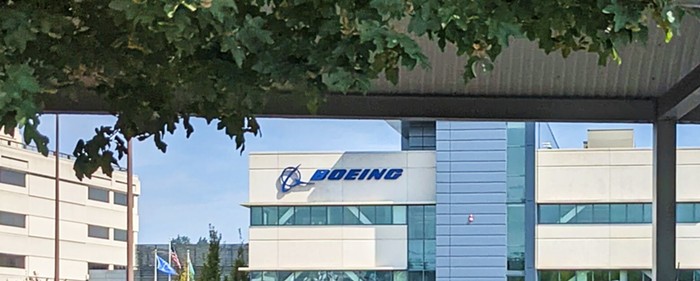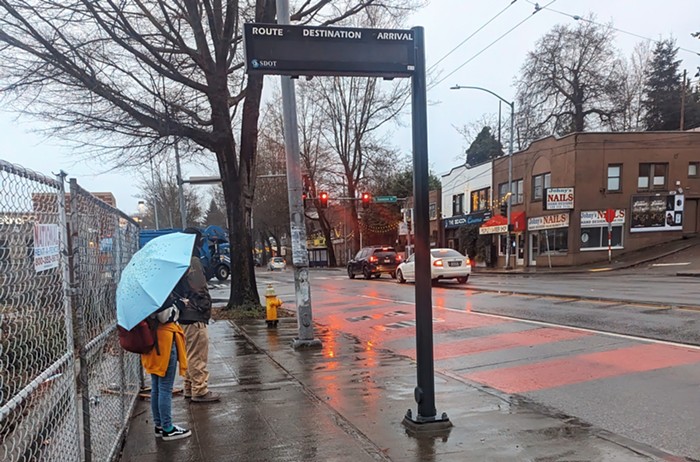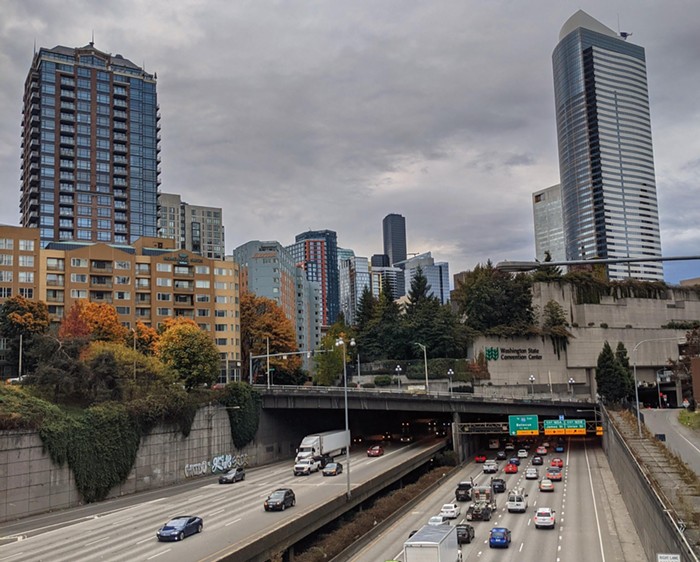True, aerospace reporter Dominic Gates, didn't mention my name in his longish article "Boeing’s long fall, and how it might recover," but he did (fucking finally) mention the negative impact Boeing's decade-long buyback bonanza had on the relationship with labor and, ultimately, the production of planes. Before that article, posted on April 7, there was no mention of buybacks from Gates and other business reporters employed by Seattle Times. The whole matter was, according to their judgment, entirely irrelevant. A lot of hot air. Fanciful even. But five years after the crashes, and during a year (2024) Boeing is facing increasing government and industry-wide scrutiny for a number of high-profile fuck ups, Gates finally got around to saying what I said in 2017:
Boeing’s leaders delivered gushers of cash to shareholders through stock buybacks and dividends — $68 billion since 2010, according to Melius Research — rather than investing in future all-new airplanes.
There you have it. And it's coming out because the Seattle Times has nothing to lose. They are kicking a horse that's on the ground. This was not the case in 2017 or 2012. Why? As an industry analyst explained to me in 2019, if the Seattle Times published a negative piece about Boeing, then the then-Chicago-based company would have closed the doors on its reporters. The result? You can find it in this post, which does not mince words: "Seattle Times Systematically Misinformed Readers About Boeing Until It Was Too Late."
What you must ask yourself at this point is: "Why was Charles so right about this bad business in the first place? Why did he mention buybacks back in the wilderness of 2017, a full seven years before it was mentioned in the Seattle Times?" The answer: I knew what to look for.
Let's begin with the Everett Herald's 2017 post "Boeing says it plans to lay off hundreds of engineers." It's by Dan Catchpole. Upon reading it, I found this key passage:
Boeing executives have promised to keep sending more cash to shareholders and to boost profits to about 15 percent of revenue, more than 50 percent above the company’s performance last year. They also pledged to continue spending billions of dollars to buy back issued shares, driving up the value of outstanding shares.
Now, how did I recognize the importance of buybacks? Because I read the books of real economists. Meaning, I read not the economics you find in most universities or in academic journals and also newspapers. We call that sort of rubbish neoclassical (or orthodox) economics. It can be dismissed not so much as fiction (as it has some realism in it) but as the anthropology of a very small, and always dwindling, tribe called People with Way Too Much Money. The neoclassical school calls this tribe homoeconomicus. The economics I read and follow is called heterodox. And an economist in this school, which includes Marxists, Keynesians, Post-Keynes, Kaleckians, Minskyians, and so on, is Mariana Mazzucato. She is a neo-Schumpeter (Joseph Schumpeter, a conservative economist, is now in the heterodox camp). Neo-Schumpeterians examine the sources and dynamics of technological innovation.
I read Mazzucato's book in 2013, and its pages revealed an astute thinker. Her point was this: the market is not the source of innovation; the state is—the state funds research in universities and (problematically) the military. These public investments drive innovation. The market, on the other hand, was spending less and less on research and development (R&D). Why? And this was the passage that opened a door I didn't even know existed:
Activist investor Carl Icahn is at it again, this time writing an open letter to Apple CEO Tim Cook and urging the company to buy back $150 billion of its own stock.
His idea: Apple (AAPL, Fortune 500) shares are extremely undervalued, so now's the time for the company to invest in itself — and increase the value of its investors' stock holdings.
Buybacks come down to the company using its cash not to invest in research or workers but to buy back its own stock, and this makes shareholders richer because the value of their stock rises. This is, of course, state-permitted stock manipulation. The upshot? Because shareholder greed knows no limit, the executives of a company (who are also shareholders) are forced into the vicious cycle of raising the cash buybacks demand. And a bunch of this needed cash is tied up in wages. The link between the buybacks and the layoffs is here established. Boeing was caught in this vicious cycle when its planes started falling out of the sky.
Because I'm a Marxist (in the analytical sense, and not at all the historical materialism sense, which is filled with a lot of Victorian/Hegelian humbug), I begin with the fact that the subject of economics is capitalism. How does it work? How does it begin and end the day? What are its vital components? One component, for example, concerns the point at which the falling rate of profit and relative surplus value meet. The latter describes how a technological innovation gives, when first applied by a manufacturer, a vast advantage over competitors using older technology. But eventually, the competitors catch on and adopt the innovation. This brings an end to the extraordinary profits, and the profit rate begins to fall until it's, once again, normal.
Something like this happened in modern finance, the dominant form of capitalism in our day. One such innovation in this market was buybacks. They exploded in the previous decade and raised stock prices way above their actual value. Fine. But because a Marxist knows they are dealing with a structure that is cultural, they know it is readable. An innovation in this economy is going to spread. If rentiers apply buyback pressure on pharmaceutical corporations and those in tech, they are going to do the same with the aerospace industry. And, sure enough, they did. This is where we are now.




















